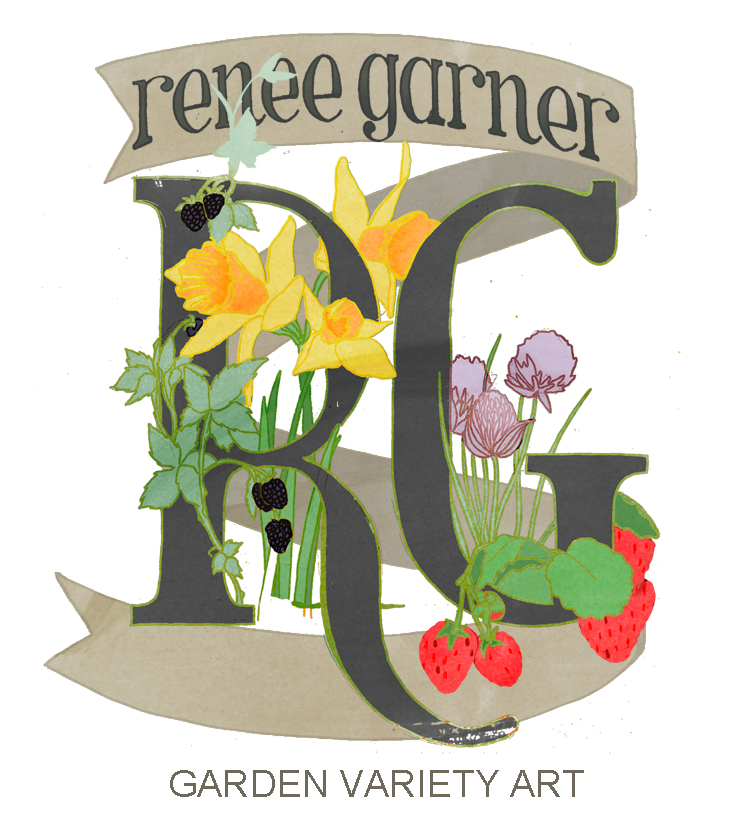
Since the worm talk, I've been thinking a lot about the food we throw away. Brian Rosa, our teacher for the workshop, spewed off a handful of facts about food waste to explain just how productive a worm bin can be for environmental productivity. I didn't have a notebook to write anything down, so a quick search for the EPA's website brought me back up to snuff.
I think these facts are even more alarming as we can't help but peek into the depth of poverty worldwide (the US included):

- The US spends about one billion dollars a year to dispose of food waste.
- We throw away more than 25 % of the food we prepare, approximately 96 billion pounds of food waste each year.
- The decomposition of food and other organic waste materials under anaerobic conditions in landfills produces methane, a greenhouse gas 21 times more potent than carbon dioxide.

What can you do?
Do a waste audit--yep, examine your trash and rethink what is trash. Reduce: Think of what could be eliminated and what items are single purpose. Can they be replaced with multipurpose items? Reuse: Okay, so there's no way to avoid buying Product X, but that orange net bag it came in can be used as a dish scrubber (thereby reducing the scrubbers you buy). Recycle: I think we've all got a pretty good handle on this one, but recycling programs vary by place, so get to know what can be recycled in your area. How do you recycle food? Compost!
Now your trash is in piles all around you, and you see the little pile of wilted veggies, stale cereal, and moldy bread and before I go all "there are starving children in Ethiopia" on you, remember, there are starving people in your own back yard.
Let's apply the 3 Rs to your food waste; Reduce: Yay! Your favorite cereal is on sale for 50% off. But can you really eat 10 boxes before it goes bad? Probably not. Maybe you hate grocery shopping, so you tend to buy a ton of fresh vegetables all at once, but inevitably can't find the time to cook them while they're still in their prime. Try shopping more frequently and buy what you need for that day. Reuse: Turn aging milk into yogurt or paneer. Old bread can be frozen for stuffing later, dried and baked into croutons, or even turned into bread pudding. I like to consider soup a final answer for veggies that have lost their crisp. Too many eggs? Make french toast for dinner or fresh pasta to dry and savor later. As I already said, Recycle: Compost! Feed it to your worms, feed it to your chickens. Something good and rich will result, then you can use it in your garden to grow the tastiest veggies you've ever tried.
